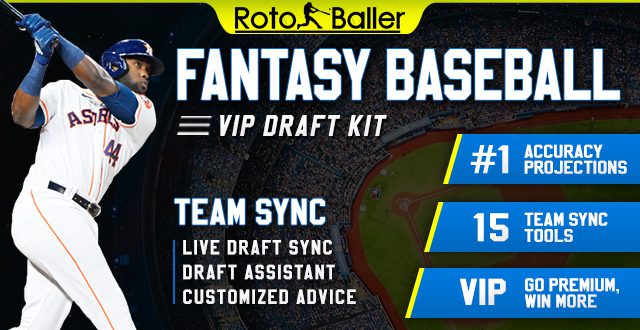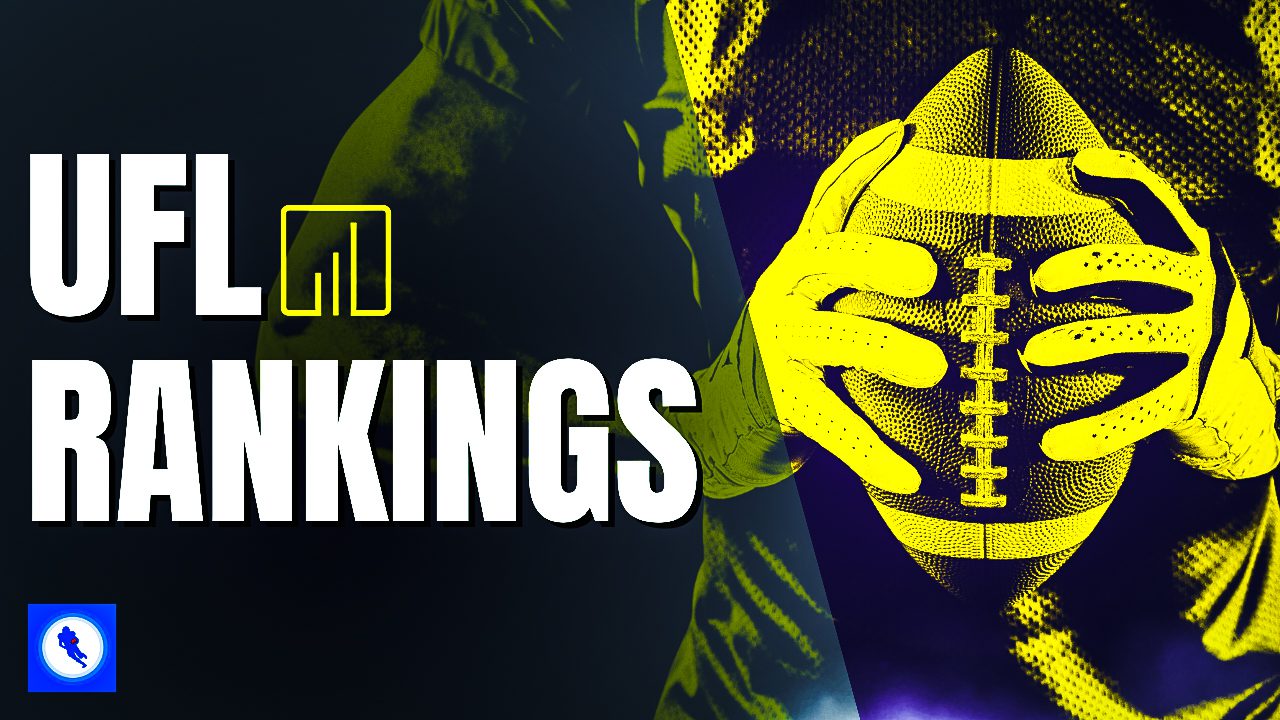Shortstop Buyer Beware
Shortstop is traditionally one of the weaker positions on the fantasy baseball diamond, and 2015 figures to be no exception. With that being said, I find it difficult to justify buying these three shortstops at their currently inflated ADP prices, as they simply have very little chance to produce equal value - let alone turn a profit - based on their metrics and circumstances.
We've already discussed three overvalued catchers, first basemen, second basemen, third basemen, outfielders, starting pitchers and closers who we believe will underperform their ADPs. In this segment I want to focus on the shortstops who won’t live up to expectations, and are likely to disappoint fantasy owners in 2015 based on their draft day cost.
Shortstop is a tough position to fill this year as the mid-range options are all being taken way too early, relative to their ability to actually produce that level of fantasy value. You should probably plan on going with an elite option at the position, or identify a later round shortstop sleeper you like, rather than wasting an expensive draft pick (or your auction dollars) on any of the players described here. Let's take a closer look.
Hanley Ramirez (Current ADP: 28)
It is time to stop paying premium draft prices for this former top prospect. Hanley Ramirez hasn't played close to a full season of baseball in five of the last six years, with less than 100 games played in four of those seasons. When he is on the field, Hanley is simply not a third round performer. Last season, his once elite speed dropped off to 14 SB against five CS - a stealing percentage only barely within the 70% rate that positively impacts scoring. He has not eclipsed 50 bags since 2007 and has not swiped even 30 since 2010.
This declining speed is also manifested in his BABIP (batting average on balls in play) data. For his career, Hanley owns a .286 BABIP on ground balls - well north of the league average .239 mark. Elite speedsters can maintain such an elevated number, but Hanley declined to .224 last season. If his steal totals are any indication, Hanley has lost a step - something that has cost him not only his SB totals but his average upside as well. His overall contact rate actually improved from 80.7% in 2013 to 81.9% last season. However, this increase was actually driven by an improved contact rate outside of the strike zone, as his O-Contact% increased from 64.3% to 69.3%. In the zone, his contact rate fell by 1.4%. While his overall contact rate remains elite, making consistent contact on pitches outside of the strike zone is not a sustainable model for most players.
Hanley's power also notably dropped off in the second half last season, posting a comical 4.5% HR/FB (4.5% of his fly balls went for home runs) with zero dingers in both July and September. League average for HR/FB is 10%, and while the stat is prone to luck related fluctuations no true slugger is going to post a number that low over any significant sample size. His IFFB%(infield fly ball rate, or popups) soared by comparison, to 15.9%. Popups almost never fall in for hits, and are almost as bad as strikeouts in terms of offense. The move to Fenway Park may help a little, but Hanley is a poor bet to explode for as many as 20 bombs. This caps his power upside, his wheels are shot, and it does not appear a .330 average is a realistic expectation.
Joining a crowded Boston OF situation that includes Shane Victorino, Mookie Betts, Cuban import Rusney Castillo, Allen Craig, and maybe Daniel Nava, Hanley could even theoretically see his playing time dwindle based on matchups more than fantasy owners would like from their third-rounder. He also has a history of pouting when he does not play his preferred position of shortstop, even if he has said all of the right things thus far. Why take him in the third round when similar values can potentially be had far later in your drafts?
Starlin Castro (Current ADP: 116)
Like Hanley, Castro is another shortstop that fantasy owners may think they can count on for speed despite his failure to produce in the category. In 2014, Castro recorded four SB and four CS for an atrocious 50% success rate - but such failures are not new to the Cubs shortstop. He stole nine bases against six CS in 2013, 25 against 13 in 2012, 22 against nine in 2011, and 10 against eight in his rookie year of 2010. The combination of Theo Epstein and new manager Joe Madden figures to be among the most sabermetrically inclined regimes in all of baseball, and they will simply not allow a player like Castro to run with that sort of success rate.
Castro's batting average was also something of a mirage last season. He managed a .750 BABIP on line drives in 2014, or 51 points above his career mark and 65 points better than a league average performance. This number is likely to regress in 2015, lowering Castro's average from a useful .292 to a more pedestrian number in the low .280s range. Elite plate discipline is commonly associated with the best average hitters, but Castro's mediocre 6.2% walk rate was actually a career best last season. Castro will not kill a fantasy team's batting average, but he may not help it much either.
In terms of power, Castro likely reached his ceiling with his 14 HR in 2014. His minor league career best was a lowly three bombs - and while he may add power as he fills out his frame, he is unlikely to ever post HR/FB rates in excess of the essentially league average 10.1% he posted last season. The only viable source of increased power production would be to hit more balls in the air, but his career BABIP on fly balls (.173) indicates that to do so would torpedo his average to potentially unacceptable levels. Finally, Castro may lack a significant future with the Cubs organization as their well regarded youth movement begins to take hold. With Kris Bryant being groomed at 3B, Addison Russell at SS, and Javier Baez at 2B, Castro will most likely need to be shifted to the outfield where his bat will simply not pay off for fantasy purposes. This almost surely won't matter in 2015, but it is something for keeper leaguers to keep in mind going forward.
Jimmy Rollins (Current ADP: 145)
Do you believe in career years at age 36? You probably shouldn't, as there are a lot of underlying issues with Rollins' impressive totals last season. His 17 HR a year ago were the result of hitting a lot of fly balls (40.5% against a league average of 35%), but not hitting them particularly hard. His 9.6% HR/FB rate was slightly below league average, and it dropped further (to 7.1%) when the switch hitter was forced to bat against a right handed pitcher (around 75% of the time). A year earlier, he somehow managed a 3.1% HR/FB rate in an entire season playing at the Little League stadium the Phillies call a ballpark. How is that even possible? Clearly, Rollins has almost no power left, and the move to Dodger Stadium is unlikely to help. The 17 bombs from last year scream "fluke" at the top of their collective lungs.
His batting average last season was a mediocre .243, but that total figures to go south before it heads north. His .269 overall BABIP (league average .300) would suggest some level of unluckiness, but Rollins is one of an increasing number of players to prove extremely susceptible to the defensive shift. He pulls the ball nearly every time he makes contact - so it is not a matter of bad luck, but good scouting, that happens to get in his way consistently. Despite his above average speed, he has not managed a league average BABIP since 2007.
Also troubling is a career high strikeout rate of 16.4%, obviously not an indicator of an improved average. Finally, at age 37 there is no guarantee of either the health or raw speed needed to steal the 20-30 bags that Rollins typically pilfers. No numbers indicate that the drop off will occur in 2015, but when it does happen it will likely be severe. In short, Rollins is far more likely to be a black hole of a roster spot than a productive member of a championship fantasy team in 2015. You do not want to pay for that in the first half of your draft.
 RADIO
RADIO

























